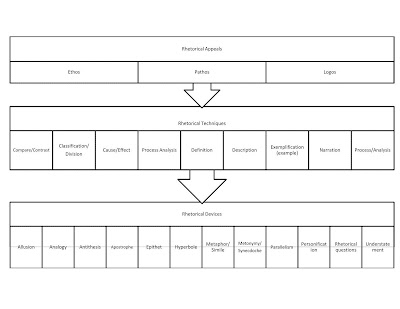We did it! Our first full week. The books we will be discussing next week are Never Let Me Go by Kazuo Ishiguro and White Noise by Don DeLillo. If you would like to read both (because of their excellentness), do so, but let us know when you have a copy here so I can keep track.
I’ll be updating the link widget throughout the weekend, so look at your leisure.
Also, thoughts from the great Mr. E in the comments section of the ACT post. Check it out.
Enjoy the weekend!
Mr. Womack:
Go to the website at www.actstudent.org
Also, www.collegeboard.com
Great article!
What do you guys think? Did Davis overreact?
I love this:
“I think those high school kids shouldn’t have been on his property,” Lynch said. “But in this country, life is valued over property, and if someone is fleeing your property or on your property but not threatening you, you’re not allowed to just shoot them.”
We will talk about rhetorical fallacies later, but this is a big one. His argument is that while the “kids shouldn’t have been on his property”, he should not have shot them because “life is valued over property.” He is applying his argument to one side only. It is reported in the article that Davis (the shooter) said,
“In a situation like that, you assume the worst-case scenario if you’re going to protect your family from a possible home invasion and murder.”
The Judge who made the top statement has redirected the intent from “protecting . . . family” to protecting property. Certainly shooting teens is a bad thing (apparently shooting a “pretty blonde high school cheerleader” is especially heinous; note the pathetic introduction and epithet), but was he unstable and shooting at whatever moved, or protecting his family? Was the amount of violence warranted? What do you guys think?
Fantastic class today, people! We will continue in that vein tomorrow, discussing the articles you brought that we didn’t get to today, and discussing the Soto article. I made this neat chart for our rhetorical vocabulary, so it will hopefully make more sense: I will explain tomorrow, but basically, the techniques are made up of various devices (both rhetorical and literary), and can be used to appeal to the audience’s logic, emotions, or judgment of the speaker. If you want to look up anything unfamiliar on the chart, that would be a good thing. More discussion, less lecture.
I will explain tomorrow, but basically, the techniques are made up of various devices (both rhetorical and literary), and can be used to appeal to the audience’s logic, emotions, or judgment of the speaker. If you want to look up anything unfamiliar on the chart, that would be a good thing. More discussion, less lecture.
How’s the article coming? Is it everything you hoped for and more? If you missed class today, here is a copy of the article we’re reading. Mark it for rhetorical devices, interesting parts, etc., and we’ll discuss tomorrow. Here’s a copy if you missed class.
This is an excellent overview (published in The Times Online) of Pierre Bayard’s essay “How to Discuss Books One Hasn’t Read.” He mentions the stigma attached to “skimming” or “speed-reading” in supposed “academic” circles:
For example, “it would be almost unthinkable for professors of literature to admit – what is after all true for most of them – that they have merely skimmed Proust’s workâ€.
I would like, in the interest of full disclosure, to admit that I skimmed Proust in college. Load off my chest. Anyway, if anyone can track down a translated copy of “Paradoxe†(or could translate the French; anyone speak French?) I would love to read the full text.
The final quotation in the overview is the reason I bring it to your attention:
“in order to . . . talk without shame about books we haven’t read, we should rid ourselves of the oppressive image of a flawless cultural grounding, transmitted and imposed [on us] by the family and by educational institutions, an image which we try all our lives in vain to match up to. For truth in the eyes of others matters less than being true to ourselves, and this truth is only accessible to those who liberate themselves from the constraining need to appear cultured, which both tyrannizes us and prevents us from being ourselves.”
This is important to remember. If you are forever forced to read things that you don’t want to read, discuss topics that you have no interest in, these pastimes can become a chore. I have littered the reading list for this class with words like “suggested” and “possible” because I want you to read things that are interesting to you. The discussions will be richer, and the class will be better if you bring in things you are currently reading. That being said, if I do say, “Hey guys, take a look at this,” keep an open mind. Maybe the reading will become a new interest. We never know.
